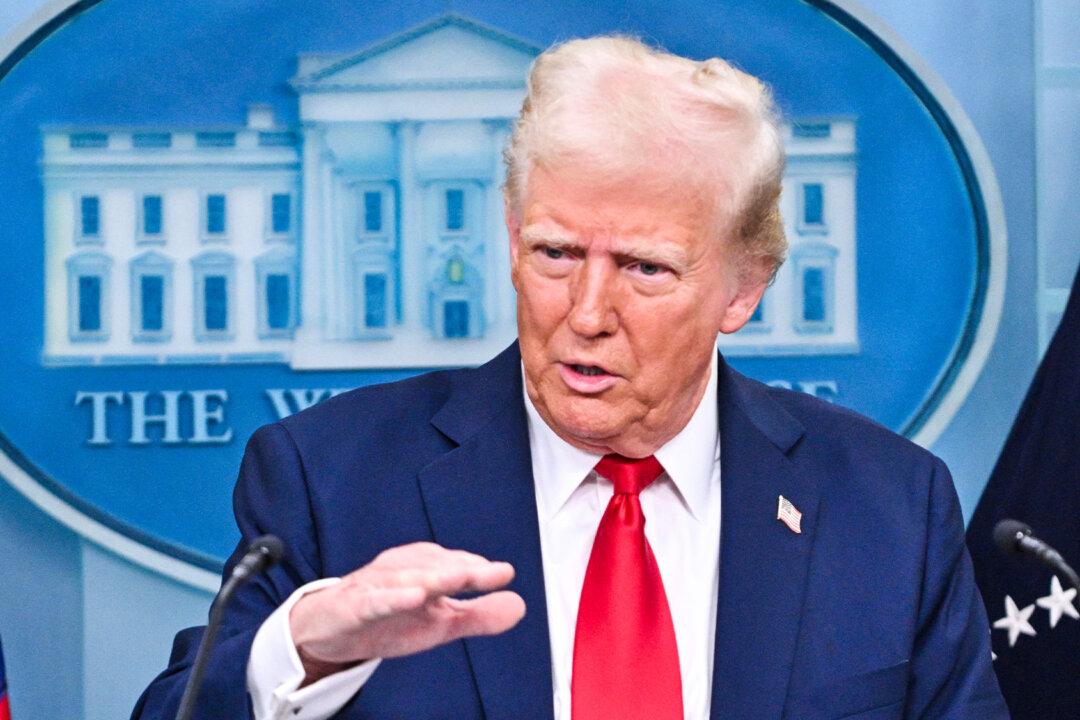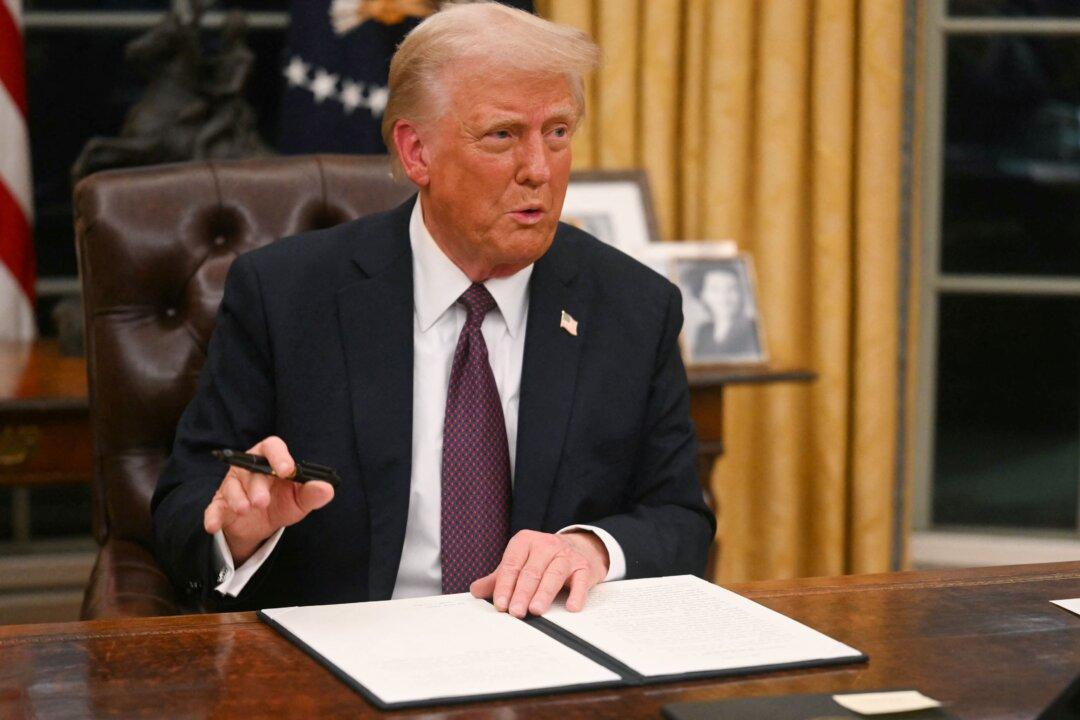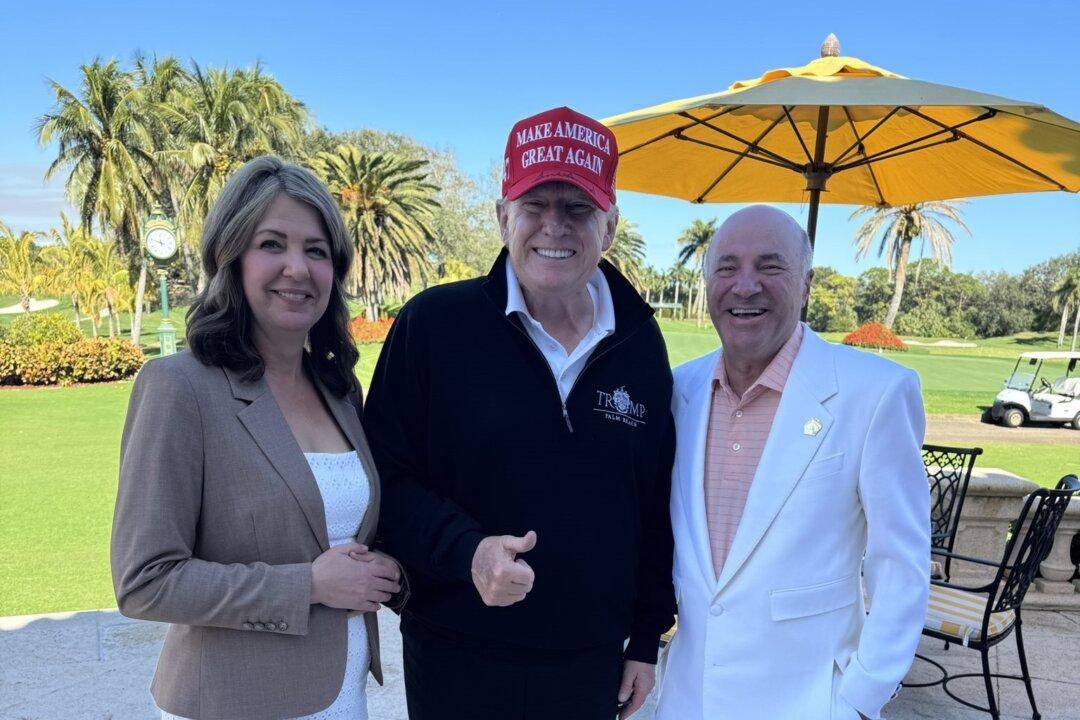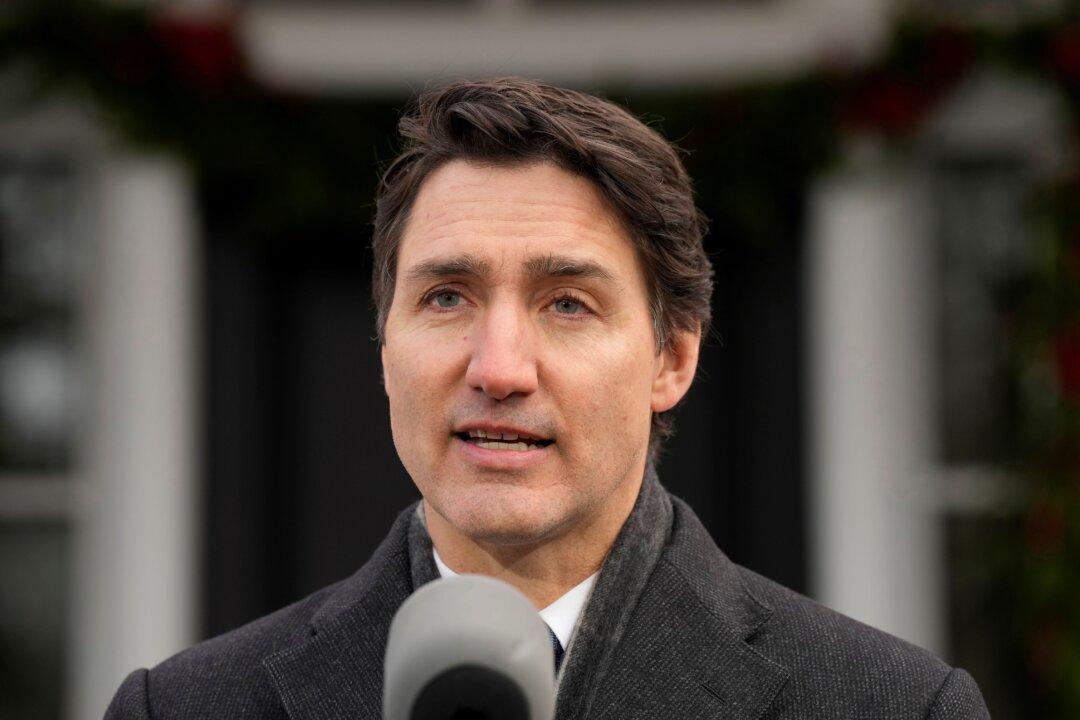TORONTO—China has escalated its warning to Canada over the arrest of Huawei executive Meng Wenzhou, saying that there will be “serious consequences” if she isn’t released immediately.
“China strongly urges the Canadian side to immediately release the detained person, and earnestly protect their lawful, legitimate rights, otherwise Canada must accept full responsibility for the serious consequences caused,” according to a Dec. 8 statement from the Chinese foreign ministry.
What the Chinese communist regime may be ignoring, however, is that governments in democratic nations can’t interfere with legal proceedings.
“I think this is very typical of China’s behavior,” said Brian Lee Crowley, managing director of the think tank Macdonald-Laurier Institute. “They look at how they behave domestically, and how every institution in China must bend to the will of the Communist Party, and they just assume that every other society is organized the same way.”
Meng, who is the CFO of Huawei and the daughter of the Chinese telecom company’s founder, was arrested Dec. 1 on fraud charges and is facing extradition to the United States. She is alleged to have lied to U.S. banks about Huawei’s relationship with Skycom, a Hong Kong-based company that reportedly conducted business with Iran. Meng denies the allegations.
Meng’s first bail hearing was held in Vancouver on Dec. 7, and will resume on Dec. 10. The crimes she is charged with each carry a maximum sentence of 30 years.
Under its extradition treaty with the United States, Canada is obligated to carry out an extradition request if it complies with the treaty requirements.
“If the conduct that is committed in the United States is an offense in Canada and there are specific terms of imprisonment attached—with Canada and the U.S. it has to be exceeding one-year imprisonment if convicted—then there is no gray area,” said Seth Weinstein, a lawyer and expert in extradition law.
In some cases, if an alleged offense committed in a foreign country isn’t considered a crime in Canada, then Canadian officials have some discretion not to carry out the extradition request. However, if the alleged crime is fraud—as in the charges Meng now faces—there typically is no gray area, Weinstein added.

Canadian Prime Minister Justin Trudeau told reporters Dec. 7 that he was made aware of the arrest a few days before it took place, and that the decision to carry out the arrest was made “without any political involvement or interference.”
Huawei was founded by CEO Ren Zhengfei, a former member of China’s People’s Liberation Army (PLA). Officials in the intelligence community have raised concerns about the use of Huawei’s equipment in telecommunication infrastructure, citing the threat of the company’s gear possibly being used for spying for Beijing.
China’s Arrests Based on Political Motives
Crowley said that by threatening Canada over Meng’s arrest, Beijing is showing ignorance on how societies that operate under the rule of law actually work. In contrast, the regime has used its judicial system to arrest foreign nationals due to political motives, he said.“When China wasn’t getting its way, suddenly Canadian citizens found themselves in trouble with the law in China.”

In 2014, shortly after Canada acted on an extradition request from the United States to detain Chinese national Su Bin over charges of stealing sensitive military information, a Canadian couple living in China were arrested by Chinese authorities on charges of espionage. Julia Garratt was eventually released in 2015, but her husband, Kevin, wasn’t released until 2016.
US–China Relations
Meng’s arrest occurred the same day that President Donald Trump and Chinese leader Xi Jinping met while attending the G-20 summit in Argentina, with the two leaders agreeing to ease trade tensions.The White House announced at the end of the meeting that both sides agreed to begin negotiations on the changes that Washington has been seeking, including ending China’s trade policies with respect to “forced technology transfer, intellectual property protection, non-tariff barriers, cyber intrusions and cyber theft,” among others.
According to U.S. officials, Trump was unaware of the arrest.
Crowley says that Meng’s arrest is part of a larger sign to China that the United States is going to be more aggressive in asserting the legal standards that they expect China to abide by.
“This is not just a question of trade relationships, this is a question of the application of American law,” he said. “I think the legal system is signaling that they won’t tolerate this, even by powerful people.”




